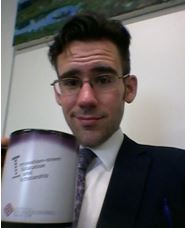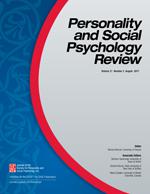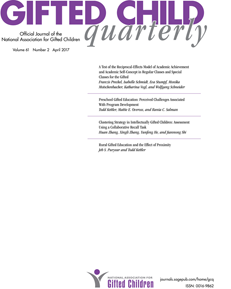
A business journal has retracted two papers after the corresponding author admitted he falsified his results.
David DeGeest, an assistant professor in the Department of Management and Marketing, has also resigned from The Hong Kong Polytechnic University, a university spokesperson told Retraction Watch.
Last month, DeGeest confessed to the Journal of Management (JOM) that he had falsified the results in two papers in the journal—one from 2015 and one from 2016.
The papers explored strategies startups can use to increase their odds of survival. The 2015 work was highlighted in the Wall Street Journal, among other outlets; one story in Business News Daily is no longer on the site.
David Allen, the editor-in-chief of the journal, told us: Continue reading Management researcher admits to falsification, resigns

 Can seeing a weapon increase aggressive thoughts and behaviors?
Can seeing a weapon increase aggressive thoughts and behaviors?  Last month, a colleague of emergency medicine doctor
Last month, a colleague of emergency medicine doctor 


 A company that indexes journals — thereby assigning them impact factors — has chosen to delist a cancer journal after it
A company that indexes journals — thereby assigning them impact factors — has chosen to delist a cancer journal after it 